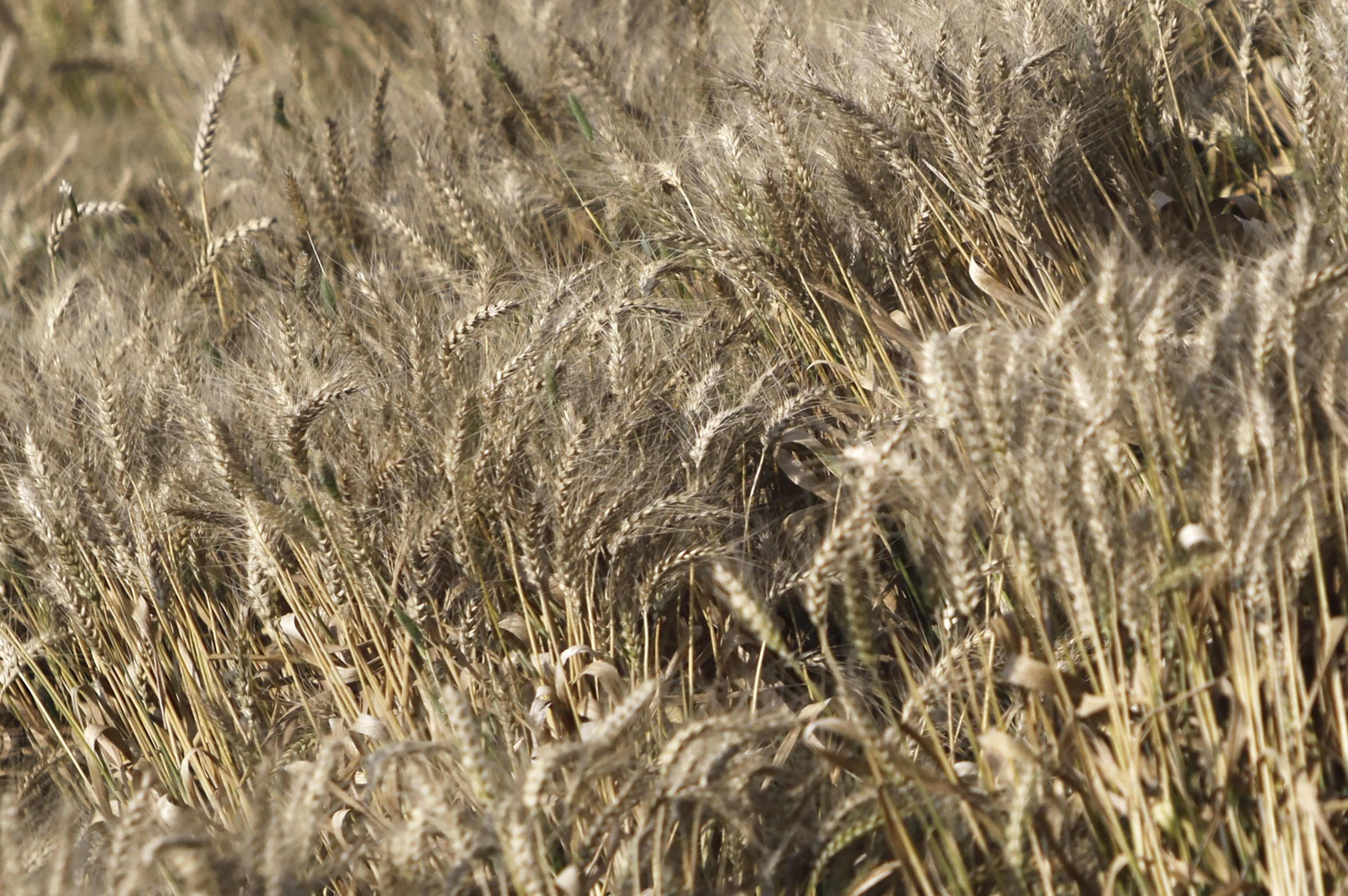Egypt faces struggle to maintain cheap bread programme

By Sarah McFarlane and Maha El Dahan
LONDON/ABU DHABI, July 3 (Reuters) - Egypt is treading a fine line in efforts to stave off a potential crisis in its subsided bread programme as the cash-strapped government buys wheat on international markets for the first time since February and imported stocks hit historically low levels.
Millers and bakers in the world's largest wheat importing nation say stocks of imported international wheat have sunk to levels that could reduce the availability of the flour they need to produce bread of an acceptable quality.
Egyptian wheat does not contain enough gluten to be used for breadmaking on its own. It must be mixed with flour from imported wheat to produce the kind of dough needed to bake a loaf that people will want to eat.
While Egyptians are not yet complaining that their bread has deteriorated as imported wheat stocks dwindle, millers say the amount of international wheat available has shrunk to low levels.
Bread has been one of Egypt's most sensitive issues. President Anwar Sadat triggered riots when he cut the bread subsidy in 1977, while President Hosni Mubarak faced unrest in 2008 when the rising price of wheat caused shortages.
The wheat difficulties come as President Mohamed Mursi is battling his worst crisis since he took office a year ago, under pressure from the army to reach a power-sharing deal with the opposition amid street demonstrations demanding that he quit.
Persistent political turmoil and economic crisis over the last two years have eroded Egypt's hard currency reserves, raising questions about its ability to import the wheat needed to feed its 84 million people with the cheap subsidised bread that they expect.
With one in four Egyptians living below the poverty line of $1.65 a day, millions depend on the loaves that sell for less than 1 U.S. cent per loaf - a state-regulated price unchanged since 1989 and equal today to a seventh of the real cost.
Egypt bought 180,000 tonnes of wheat in its first purchase since February on Tuesday, after its longest absence from the world market in years. However, any wheat purchased is unlikely to arrive until September.
Last week the government said it has 3.613 million tonnes of wheat stocks, enough to last until November 17.
Mamdouh Abdel Fattah, vice chairman of the state grain buying agency, the General Authority for Supply Commodities (GASC), declined to comment on how much international wheat was left in government stocks.
"There's between 300,000 and 400,000 tonnes of international wheat left," said an Egyptian miller whose mills supply the government.
This would equate to less than two months of supply of imported wheat needed for the subsidised bread programme which is estimated to require a combined total of around 750,000 tonnes of local and international wheat per month.
"The concern is at the baker level as they know it's not going to be the best quality bread," an industry source in Egypt said.
Egypt in the past maintained stocks of imported and local wheat that would meet at least six months coverage and imported around 10 million tonnes of wheat per year via private and state purchases.
CHANGING THE MIX
Millers said the Supply Ministry had advised them to reduce the amount of international wheat used in their flour and maximise local wheat usage.
"The blend used to be 60 percent international wheat and 40 percent local. Now it is the opposite at 70 percent local wheat and 30 percent international," said the miller.
"The major problem with local wheat is it is hard to mill alone, you have to mix in international wheat because it is too weak and you need some wheat with high protein and gluten. It harms our machines at 70 percent as you have problems with foreign matter (such as stones and sand) because of poor storage."
GASC's Abdel Fattah said the blend of international to domestic wheat changed on a regular basis according to the types of wheat coming in.
Yehia Ahmed, who works at El Miniawy bakery in Cairo, said the mix he was using was 60 percent local wheat and 40 percent international wheat.
"The original dough we worked easily, but now the flour is rough so the worker doesn't know how to mix it," Ahmed said.
A second baker, Madbouly Mahmoud Afifi, who works at Nasser bakery, said "The flour varies, when it's rough we have to work on it more, sometimes the dough is liquidy."
The millions of Egyptians depending on the subsidised bread have not yet noticed a change to the end product.
"It wasn't good before. It's still not good," said Nashwa Ali, as she waited in a queue for bread from El Miniawy bakery.
The currency crisis has also hindered the Supply Ministry's ability to pay millers in a timely manner, according to the miller.
"If you deliver flour (to the ministry) today you get paid from 2 weeks to 2 months after, you used to get paid in 5 to 10 days," said the miller.
GASC's Abdel Fattah said there was no payment issue to farmers, bakers, millers or foreign suppliers.
The main suppliers of international wheat include France, Russia, Kazakhstan, Ukraine, U.S. and Canada.
Mursi failed in April to secure grain and a loan from Russia to help ease a deepening economic crisis.
Also earlier this month, France said it had received a formal request from Egypt for free grain storage and far easier payment terms for imports. (Additional reporting by Shaimaa Fayed in Cairo; Editing by Veronica Brown and Giles Elgood)









facebook comments